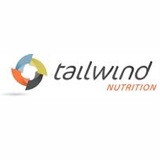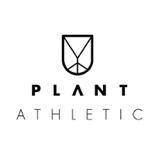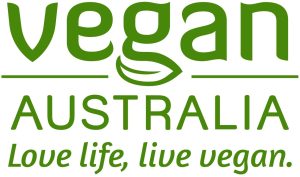Which protein?
Always a hot topic not only in the vegan world but the fitness world too with the question always being asked ‘am I getting enough?’. The likely answer to this question is, probably. According to the Better Health Vic website “most Australian’s eat far more protein than they actually need, so deficiencies are rare.” So why our obsession with protein especially when adopting or following a plant based diet?
Best sources of protein
It is widely publicized the best sources of protein are from animal based foods; red meat, game, poultry, fish, eggs and dairy but this doesn’t mean plant based foods such as nuts, seeds, pulses, legumes and wholegrains not to mention soy can’t give you want you need in an abundance.
Our obsession with protein is generally unwarranted but the in the plant based world there are certainly proteins that stand head and shoulders above the rest, in particular when it comes to a protein to add to your post workout shake. It seems these days you can’t do a workout without a shake bottle in the gym bag waiting for you when you finish. And rightly so, consuming a 4:1 ratio of carbohydrates:protein post work is beneficial to replenish muscle glycogen and start protein synthesis.
What are the benefits of a protein shake?
Depending on your nutrition strategy: endurance, strength & power or functional strength is dependent on how much and when you consume a protein not to mention carbohydrates and fat.
Carbohydrates
We all know this macronutrient gives us energy; carbohydrates are consumed ensuring that our glycogen stores are adequately fueled for our workout whether that is for a training session where we need enough energy to sustain our physical efforts or a high-intensity workout where we might need to digest carbs before & during the workout ensuring fuel is readily available.
Protein
It’s all about the timing of the protein ingestion as much as it is about the type and quality of protein. Timing your protein right means it can assist with muscle synthesis, repair, enhance recovery, enhance sleep quality and maintain stable blood glucose levels.
Do you want to increase muscle synthesis or just maintain it? Do you need to manage your body weight and does your training have higher energy demands or minimal energy expenditure? Know the answers to these questions and you will know when you should be consuming protein and how much.
Fat
Not all fats are equal and the fats we are talking about those outside of saturated and trans fats, which should play no role in your diet. The body accesses fat stores during training and competition but your main source of energy should always come from carbohydrates. Do you see greater performance results when fat is used as energy…this is still heavily debated?
Back to protein: our preferred and recommended forms of protein for shakes are hemp and pea. Why?
Hemp
- Complete protein containing all essential amino acids
- Omega-3 and 6
- Alkaline forming
- Antioxidant rich
Pea
- Complete protein source
- Arginine-rich (an amino acid your body needs to build muscle)
- Low allergen
Why not whey or soy protein?
Whey
- A common allergen
- Digestibility & nutrient absorption (whey is an isolated form of protein meaning it is not a wholefood)
- Acid forming (which can cause inflammation and reduce immune function)
Soy
- Digestibility
- Over processed
- Acid forming
- Food sensitivity
- Genetically modified
Being informed about proteins will do nothing but benefit your health, recovery and muscle definition so choose your protein wisely.











Leave a Reply